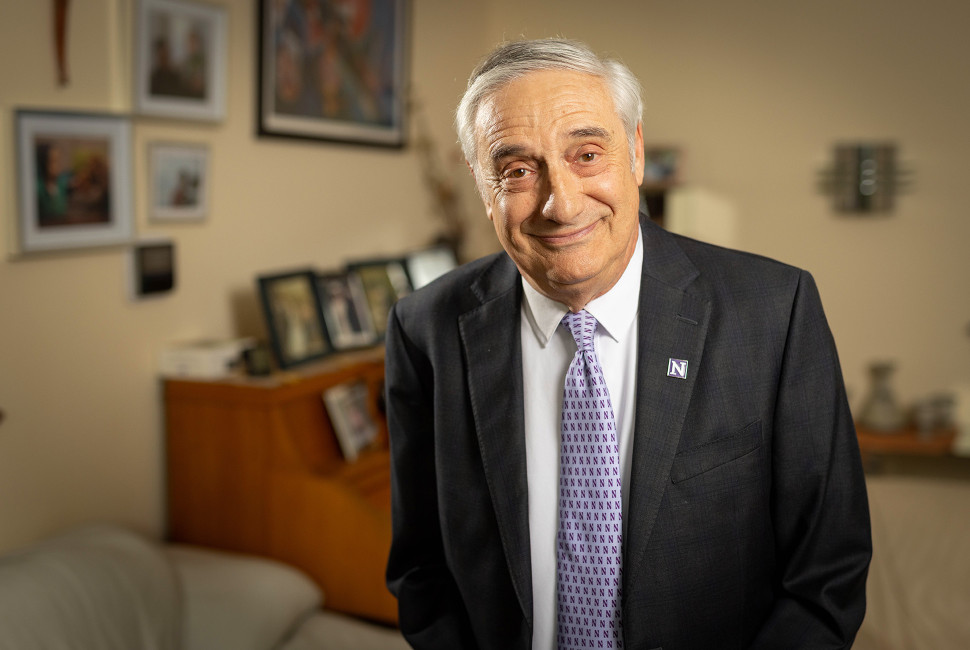The 2025 Nobel Prize in Economics has been awarded to Joel Mokyr, Philippe Aghion, and Peter Howitt for their groundbreaking work on understanding what fuels long-term economic growth. Their theories show how knowledge, innovation, and the balance between freedom and stability can keep economies moving forward for generations.

How Economic Growth Transformed After Centuries of Stagnation
Joel Mokyr spent years studying how economies evolved before and after the Industrial Revolution. He discovered that for centuries, progress was slow because people knew how to make things work but not why they worked. Craftsmen, for instance, could forge metal but had no understanding of the science behind it.
During the Scientific Revolution, this gap began to close. Thinkers and makers started working together, combining practical skills with theoretical understanding. The result was a surge of inventions that shaped modern life and turned innovation into an organized process instead of mere luck.
The Importance of an Open Society
Mokyr’s research also revealed that economic progress depends on openness to change. In earlier centuries, monarchies and elites often blocked new ideas that threatened their power. But once societies started valuing logic, evidence, and education, innovation flourished. Britain, with its skilled workers, engineers, and entrepreneurs, became the center of industrial transformation because it allowed new ideas to thrive.
The Role of Innovation in Modern Growth
Philippe Aghion and Peter Howitt built on Mokyr’s foundation by creating a model that explains how innovation continues to drive economic growth today. Their work showed that growth comes from a constant cycle of renewal where new ideas replace old ones. They described this process as creative destruction — a natural rhythm of progress where industries evolve and adapt.
However, they also found that innovation only works when there is balance. Too little competition lets monopolies block new ideas, while too much competition discourages investment. The healthiest economies are those that maintain just enough rivalry to push progress forward without creating chaos.
Supporting Workers in an Age of Change
Aghion and Howitt’s research also emphasized that governments should focus on protecting workers rather than specific jobs. As technology changes industries, societies must provide opportunities for people to retrain and transition into new roles. This idea of flexibility with security ensures that innovation benefits everyone rather than a few.
The Lesson for the Future
All three laureates agree that growth cannot be taken for granted. Innovation brings challenges such as inequality and environmental damage, but these problems can also inspire new solutions. Mokyr believed that when guided by smart public policy and social awareness, technology can correct its own side effects.
The Nobel committee’s recognition celebrates not only their academic contributions but also a timeless truth — progress depends on curiosity, courage, and connection between knowledge and humanity.
Follow You Finance on Instagram and Facebook for more updates on the global economy, financial insights, and stories that shape the future of innovation.















